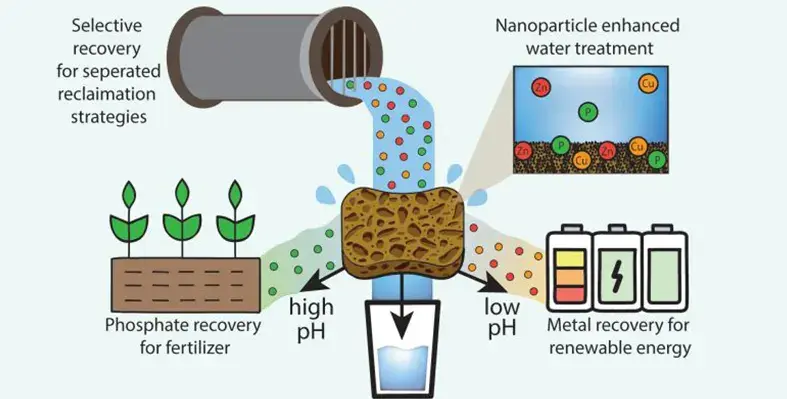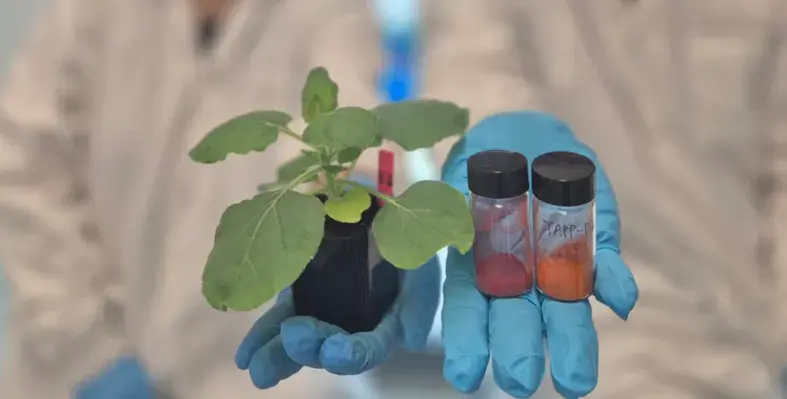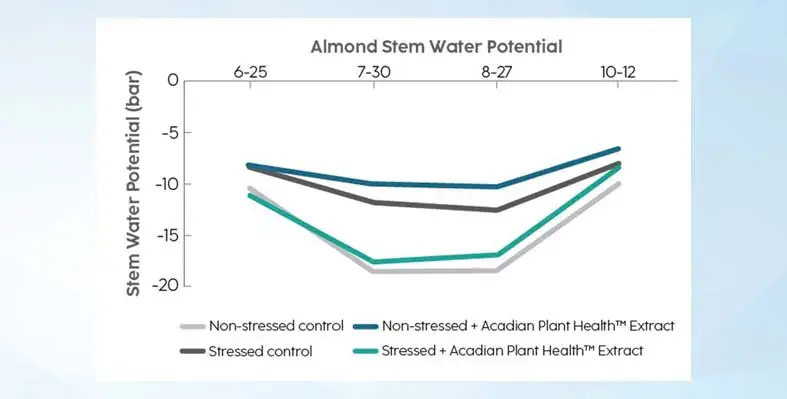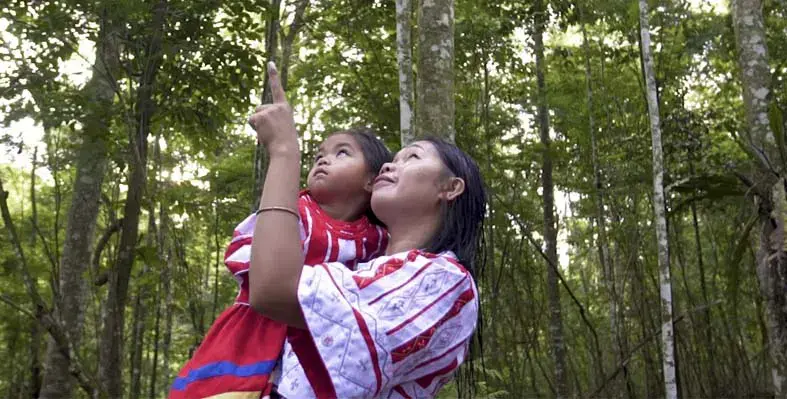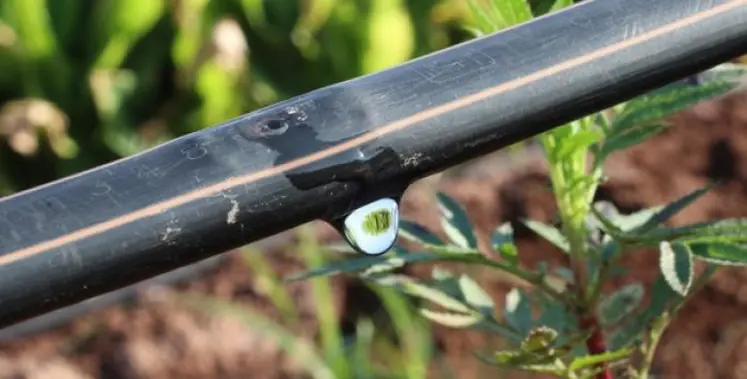
Orbia Netafim and Amazon India Launch Water Saving Drip Irrigation Projects Across Bengaluru and Hyderabad. (Image credit: Netafirm)
A new partnership between Orbia Netafim and Amazon India is set to deliver significant water savings through large scale drip irrigation projects across key agricultural regions in India.
The collaboration will help save nearly 325 million litres of water every year while supporting more than 110 independent farmers in the agricultural belts surrounding Bengaluru and Hyderabad.
Announced on 27 February 2026 in Tel Aviv and Bengaluru, the initiative focuses on improving irrigation practices and addressing growing concerns around water security in these rapidly expanding urban regions. The programme will introduce modern drip irrigation systems across 80 hectares of farmland in western Bengaluru and 40 hectares in northern Hyderabad.
In Bengaluru, farms currently growing gourds and tomatoes will transition from traditional flood irrigation methods to more efficient drip irrigation systems. Around 70 independent farmers are expected to benefit from this shift. The change is projected to save approximately 175 million litres of water each year while maintaining crop productivity and improving irrigation efficiency.
In Hyderabad, a similar transition will take place across 40 hectares of maize and vegetable farms, benefiting roughly 40 farmers. The project is expected to conserve about 150 million litres of water annually in the region.
The initiative also contributes to Amazon’s wider environmental commitments. By supporting improved irrigation methods, the company is working towards its goal of becoming water positive in India by 2027. This means returning more water to communities than is used in its direct operations.
Abhinav Singh, Vice President of Operations, Amazon India and Australia, said: "This initiative focuses on practical solutions that make a measurable difference on the ground, helping farmers improve the efficiency of their irrigation systems while contributing to water security in water-stressed regions. We're committed to such collaborations as part of effort to support responsible water use in India”.
Water resources in both Bengaluru and Hyderabad have come under increasing pressure in recent years. In Bengaluru, participating farms rely on water sources linked to the TG Halli Reservoir, which also supplies several residential areas, commercial districts and Amazon facilities across west and north Bengaluru. In Hyderabad, farmers draw water connected to the Kondapochamma Sagar reservoir, an important part of the Kaleshwaram Lift Irrigation Scheme.
Drip irrigation delivers water directly to the root zone of crops in measured amounts. This method reduces evaporation, runoff and unnecessary water use, which is especially important in regions experiencing irregular rainfall and declining groundwater levels.
“We are proud to collaborate with Amazon on this important initiative, which demonstrates how precision irrigation can deliver real impact for farmers and communities alike,” said Max Moldavsky, Director of Innovation and Climate Solutions, Orbia Netafim. “By helping farmers transition to drip irrigation, we are improving water efficiency, strengthening livelihoods, and contributing to broader water security efforts. This project reflects Orbia Netafim’s long-standing global commitment to water stewardship and climate-resilient agriculture.”
This marks the first collaboration between Amazon India and Orbia Netafim focused on urban water challenges in India’s fast growing cities. Building on previous irrigation modernisation projects in Karnataka, including the Ramthal Community Irrigation Project, Orbia Netafim continues to promote practical and scalable solutions that improve water management while supporting both farming communities and urban water security.



